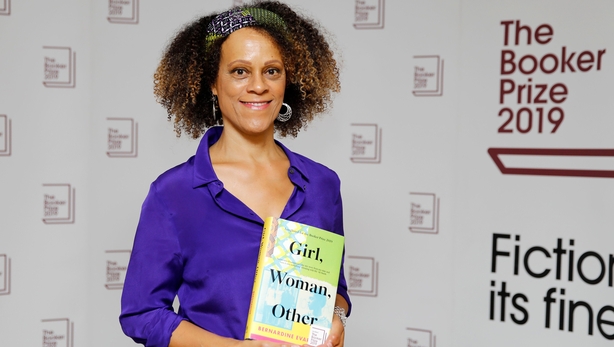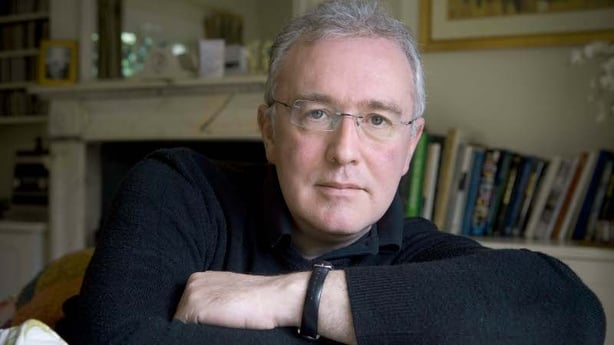Prof. Chris Morash, chair of the judging panel for the 2021 Dublin Literary Award, introduces this year's longlist...
So, how does a literary award nominated by libraries on five continents respond to a global pandemic? Quite well, it turns out. The Dublin Literary Award – the world's richest literary prize for a single novel in English – is run every year by Dublin City Libraries.
With €100,000 for the winning novel, it is unusual among literary prizes in that the Longlist is chosen by librarians and readers from a network of libraries from around the world. The result is an annual list of novels that is a map of the world’s libraries, shifting the axis of an English-language publishing world that usually revolves around London and New York.
We need your consent to load this rte-player contentWe use rte-player to manage extra content that can set cookies on your device and collect data about your activity. Please review their details and accept them to load the content.Manage Preferences
Listen: Chris Morash talks to RTÉ Arena
However, when the librarians in Dublin City Library started the wheels turning for the 2021 Longlist in late June (yes, the lead-in is that long), we were all coming to terms with COVID-19. And yet, even last March, it was apparent that the local public library was going to be one of the essential lifelines for getting through life under lockdown – whether that library was in Dublin, Helsinki or Jamaica (all of whom nominated books). Libraries everywhere responded by introducing click and collect, and by ramping up their electronic borrowing; confined to home, millions of people started reading – and nominating books.

And so the Dublin Literary Award was able to carry on. The Longlist for 2021 is a bit shorter this year – 49 titles, as opposed to the 156 in 2020 – but they still cover the globe.
There is Michael Crummy’s The Innocents, for instance, set in the outports of Newfoundland (nominated by the library in St. John’s, Newfoundland); or Tony Birch’s The White Girl, about Aboriginal experience in Australia, (nominated by the State Library of Queensland). Eighteen titles are translations, including Mexican writer Fernanda Melchor’s Hurricane Season, and Norwegian Jon Fosse’s The Other Name. Again, the International Dublin Literary Award is unusual, in that if the winning prize is a translation into English, the translator takes home a quarter of the prize money (€25,000).

Then there are titles that already have an international profile, such as the Booker-winning Girl, Woman, Other, by Bernardine Evaristo and Joseph O’Connor’s Shadowplay, which made the Costa Shortlist. Joining O’Connor on the Dublin list are three other Irish writers; Anne Griffin’s When All is Said (nominated by a library in Łódź, Poland), Eibhear Walshe’s The Trumpet Shall Sound, and Apeirogon, by Colm McCann, whose Let the Great World Spin won the 2015 Prize.
All 49 titles on the longlist will be available from Dublin's public libraries and from public libraries around Ireland when Libraries reopen. However, readers can currently borrow some of the longlisted titles as eBooks and eAudiobooks on the free Borrowbox app. The judges have already begun sifting through the books, with the Shortlist being made public on March 25, and the winner announced May 20.
Find out more about the Dublin Literary Award here.

